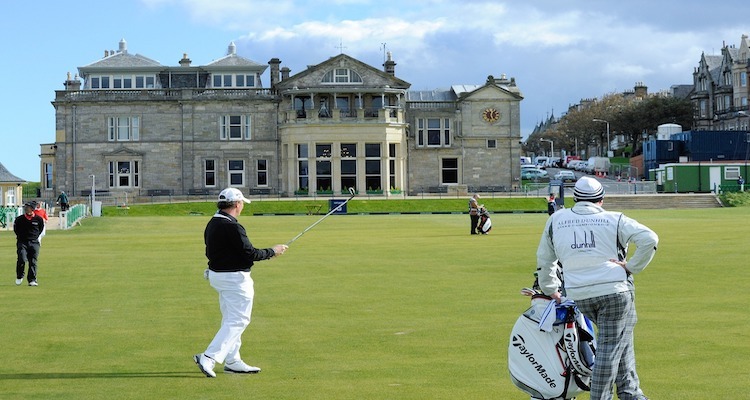
There have been several high-profile examples of professional golfers performing poorly in important tournaments or matches. These include:
These examples highlight how the pressure and stress of important tournaments can impact even the best golfers in the world, leading to a decline in performance and sometimes, unexpected outcomes. One reason why this may occur is golf performance anxiety.
Performance anxiety in golf refers to the physical, cognitive, and emotional responses that golfers experience before and during a golf game. It is a natural response to the stress and pressure of competition, and it can range from mild nervousness to severe anxiety.
Performance anxiety in golf can negatively impact a golfer's performance in several ways, including:
The relationship between golf and anxiety and complex but it can be controlled. To manage performance anxiety in golf, golfers can use a variety of strategies, including:
Overall, there are a number of strategies that golfers can use to manage performance anxiety and performing to their potential when it matters most. At the heart of these strategies is finding a way to control the stress responses, thereby overcoming nervousness and anxiety on the golf course.
If you are interested in understanding more about your psychological approach to sport you may wish to speak with a sport psychology consultant. They can help work with you if you experience the debilitating effects of performance anxiety. We have a number of sport psychology consultants who list their services on our directory, along with other sport performance specialists. You can see the full range of people we have on our directory and search for the sport performance specialist you need by location or specialism.
